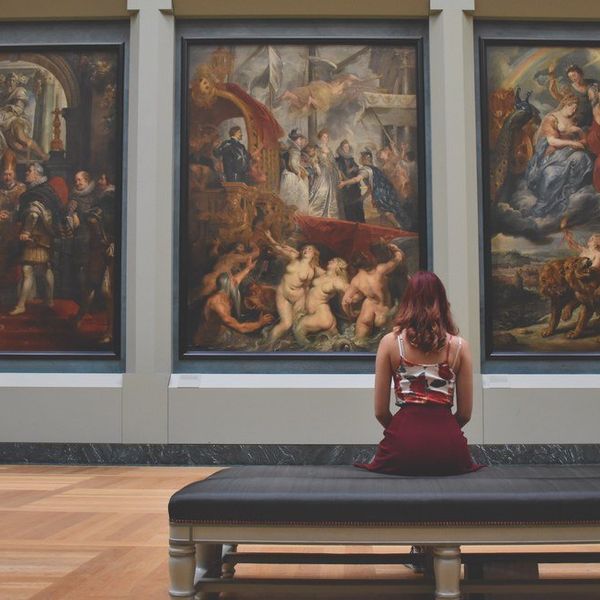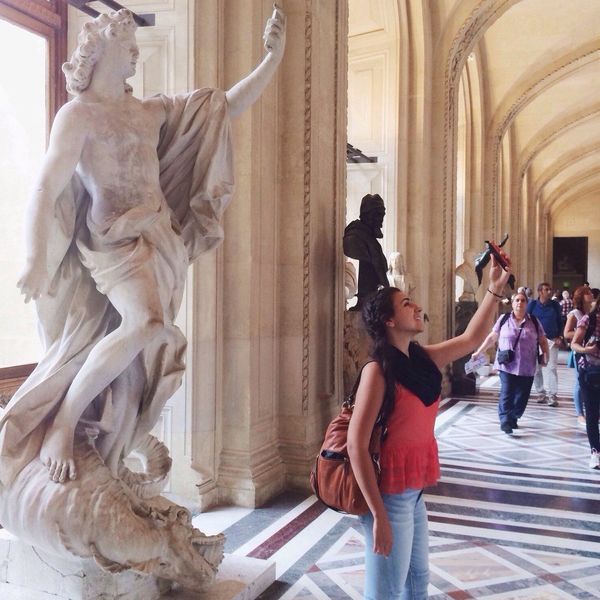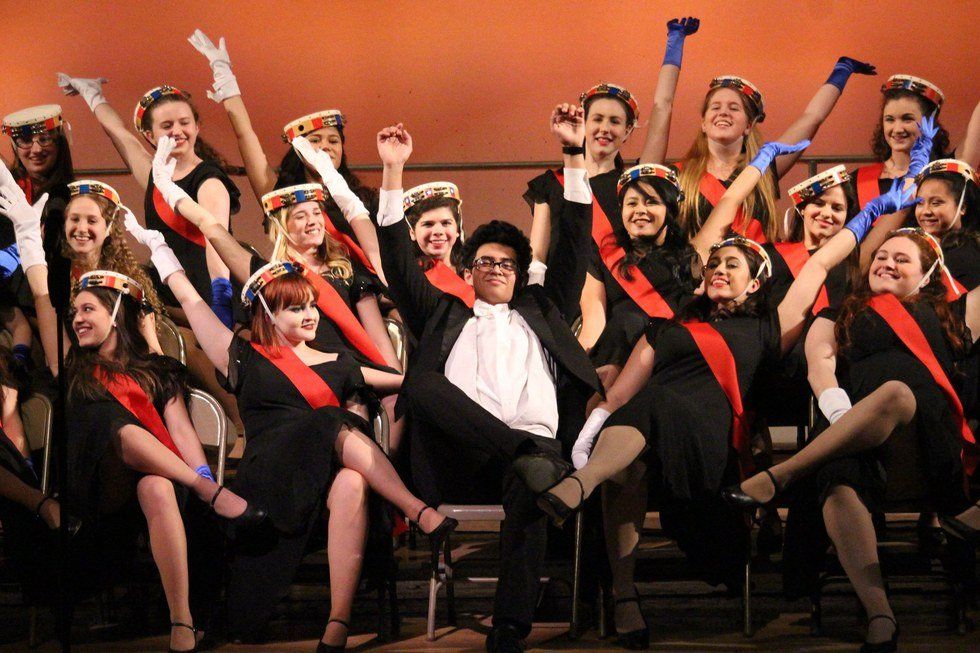There’s a sort of confusion that surrounds the term “artist.” Does it mean someone who sketches and paints? Does it mean someone who records albums? Is it a photographer? Is it a music mixer? I’ve come to the conclusion that an artist can be any one of these, and plenty more. Merriam-Webster’s dictionary defines an artist as “a person who creates art.” Nothing more, nothing less.
Art is found in forms of expression, whether it be the sketching and painting, the music making, the capturing of images in photography, the fluidity of body movement in dance, the arrangement of words into stories, and so many more. Art can only be created with vision, and those visions become expressed. A musician envisions a loved one, and composes a modern ballad to express it. A photographer is inspired by the view of nature around them, and photographs the scene to immortalize it. A dancer feels anger and hurt, so they manipulate their bodies to release their inhibitions. A writer sees the world through their own lens and crafts a story they want others to hear, and spins words into the world they want others to see.
If this is a hobby for you, congratulations, you’re an artist.
Truth is, anyone can be an artist. An artist never “looks” like anything. There’s no definition for what style or color hair you must have, or what kinds of clothes you wear, or whether or not you’ve been pierced and tattooed from head-to-toe. You don’t have to be politically lenient in one direction or the other. You can practice any religion or spirituality that you desire. There is no set model for what makes an artist better or worse than any other. Art is all about appeal, and while your styles may attract plenty, others will be attracted to the styles of different artists. This explains why some of us like heavy metal, and why some of us like country. Why some of us like classical art, and why some of us like minimalism. Why some of us like romantic comedy movies, or why some of us prefer horror flicks. Art is all about perception, which is why next I say, not everyone can be an artist.
The nature vs. nurture question falls into place here. If my parents were good painters, will I be a good painter? If my parents were good singers, will I also have a good voice? Or, do we scrap all that, and do we just focus on nurturing people from a young age to see the world in a certain way? Can I tell you the truth?
I don’t know.
A parent teaches their child how to first perceive the world. They help us understand basic emotions such as happiness, sadness, fear and anger, all before we could even comprehend our existence on this earth. Then we continue to the outside world. Our preschool caregivers, our neighbors, our extended family, our politicians on TV, the music that is played in the car, it all shapes us to perceive the world in a certain way. Unfortunately, not everyone can make those perceptions for themselves. Perhaps they skipped an integral step in their childhood development? Perhaps their parents inhibited their creativity, or believed it was unnecessary? Perhaps they grew up and believed themselves to be “too sensible” for art, and continued onto a pure textbook-written life (which, by the way, is not a great sin or crime). But those are the people who refuse to open themselves up to visions and expression. They are not artists.
Once you fall into the world of art, you begin to craft your own, individual lens. Perhaps you find the most beauty on the beach, with the waves crashing on the shore. Perhaps you find beauty in the forest amongst the wildlife and nature. Perhaps your favorite feeling is walking through the streets of the city. After you figure out where you’re most comfortable, you start expressing it in your favorite ways. Maybe sketching the forest wildlife brings you peace. Writing a fast-paced song that reminds you of the busy streets builds excitement for you. Creating urban fashion with matching makeup reflects your inner rebel. It’s all about where you find your comfort and your beauty. And not everyone in the world can do this.
Subsequently, there’s the myth that “all artists are crazy”. In today’s hyper-media culture, and even by looking at historical patterns, artists were always odd-ones-out. Edgar Allan Poe was severely depressed. Van Gogh suffered from schizophrenia. Robert Schumann admitted himself into a mental hospital prior to his death. In the modern age, the most creative people are found to have some kid of mental health challenge, such as depression, anxiety, OCD, and many more. This is because artists are in-tune with their emotions, for without them, there would be no art. Because artists are always in this process of creating, they are constantly reliving emotions, feeling them over and over again, pouring them out into their creations. It becomes habitual, much more than a lawyer looking through case files for his defendant, or a construction worker operating a crane. Artists deal with heavy overloads of emotion constantly. So while it isn’t exactly true that “all artists are crazy," it is true that they are, most likely, in an emotional overdrive. You don’t have to be “crazy” to be an artist.
Being an artist is self-proclaimed, and only you can make the choice whether you want to be one. Art should be a passion for your expression, not a struggle. Art cannot be forced, and you must make the decision whether or not you are going to invest your time, talent, and mental health into creating art. If this is what you love to do, you’ve fallen under the definition of the artist. And no one has a right to take that away from you.





















